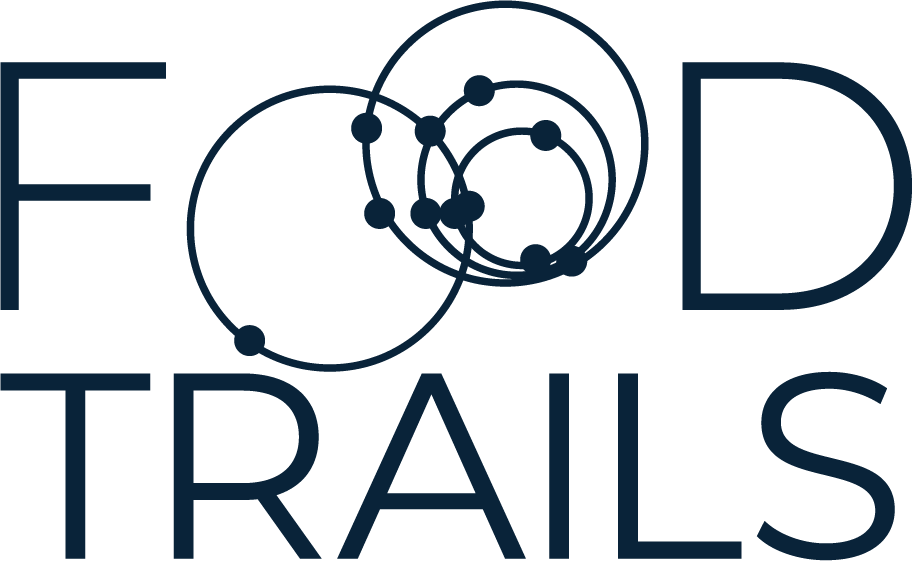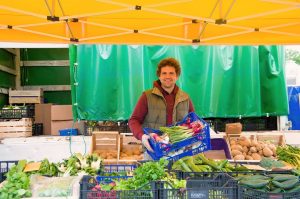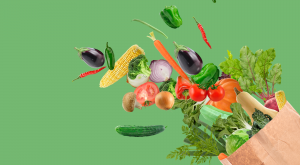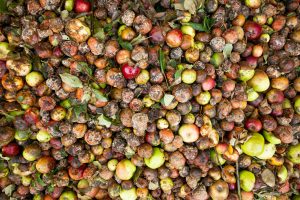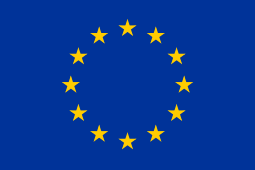The Food Trails project is hosting a series of closed-door workshops to gather practitioners and non-EU-funded projects working to support a transformation of the European food system – to connect, exchange knowledge, approaches, and potential areas for action and collaboration.
This work is part of Food Trails objective to facilitate connections among actors impacting the Food 2030 Framework and to create links with other projects to advance this Framework, to engender a wider transformation of the European food system.
The workshops are using a digital Dialogue Forum tool developed by EAT in the EU Horizon 2020 CO-CREATE project. The Dialogue Forum tool guides 6-person breakout discussions through the topic’s challenges, opportunities, and areas for action.
The point of the dialogue is not to solve a complex problem, but to discuss, collaborate, and learn from each other.
On May 11, 2022, the Food Trails project hosted the first workshop on the topic of “Food policies and their contribution to shaping food systems“. A series of questions guided the discussion.
Due to the cross-sectoral nature of food policies, a diversity of elements were discussed as influencing food policy development:
-government and political support;
-national and regional regulations;
-funding and resources;
-stakeholder and community engagement;
-public awareness;
-culture;
-gastronomy.
It was strongly felt that collaboration is key to create ownership of the implementation phase of a food policy. A key factor identified was the need for active participation of all stakeholders across the food value chain, to create shared understandings of needs – from producers and distributors through to businesses and consumers.
What actions need to be taken to achieve successful food policies? Actions discussed for successful food policies related to governance, such as the need for dedicated funds, teams and capacity in municipal bodies, as well as targets and accessible metrics to measure progress.
The integration of food into public communications and education programs was also considered essential to creating public understanding of the links between food, health, and sustainability.
A total of 34 participants from various projects and institutions across Europe joined the May 11 session: Al-dente.no – City of Copenhagen Food Schools – City of Malmo – Center for Environmental and Climate Research – Colorado State University – CUNY School of Public Health – Edge landscaping – FAO Green Cities Initiative – FCSH Lisbon Nova University – Gasol Foundation – ICLEI – Just Food Ottawa – Texas A&M University – UCL Bartlett – University of Turin – Wageningen University – World Union of Wholesale Markets.
We want to thank all participants for joining us and we hope they feel inspired and ready to take action!
The next workshop in this series will be organized in July 2022, with a focus on indicators and monitoring of food actions.
If you would like to join, please contact claire@eatforum.org or register here.
